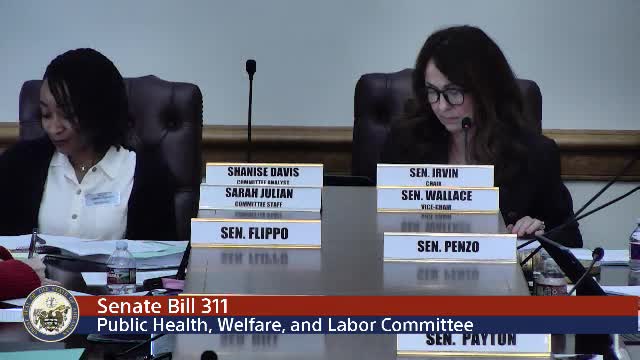Article not found
This article is no longer available. But don't worry—we've gathered other articles that discuss the same topic.
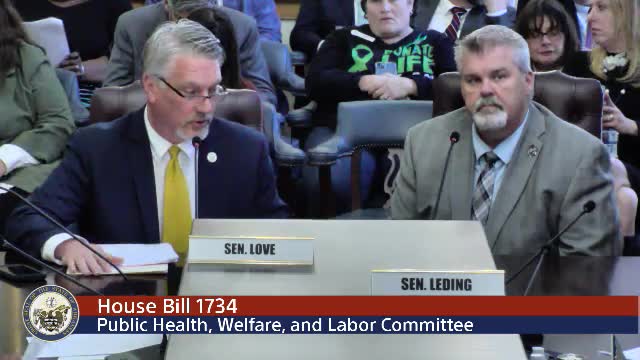
Committee approves measure letting advanced practice registered nurses pronounce deaths and sign certificates with hospital permission
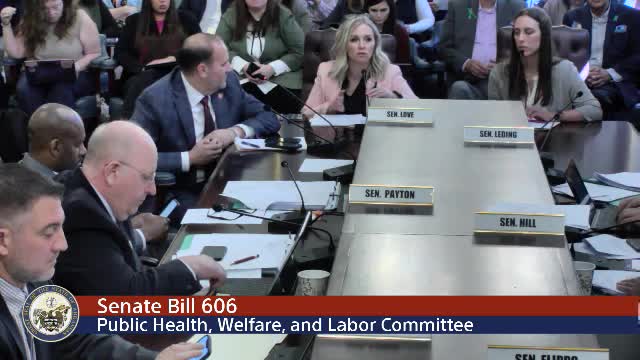
Committee approves Department of Labor licensing cleanup bill
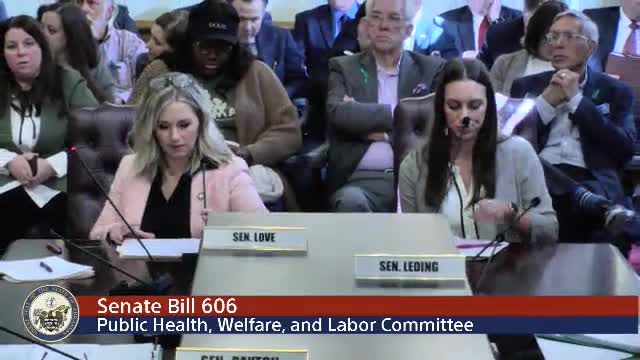
Privatization plan for Arkansas waste‑tire program fails in committee after debates over costs and service
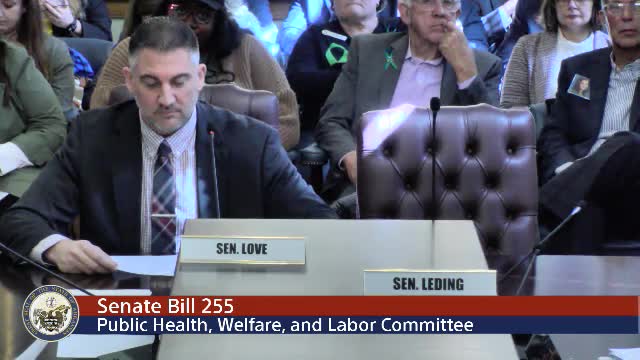
Committee clears bill to classify some genetically modified food products as drugs; amendment narrows scope to plants
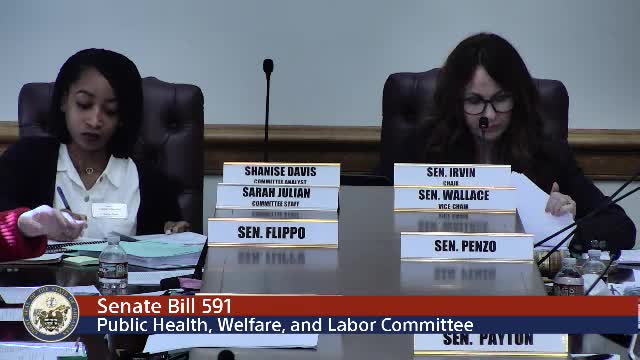
Committee advances bill banning race‑selection abortions if broader abortion prohibitions fall
